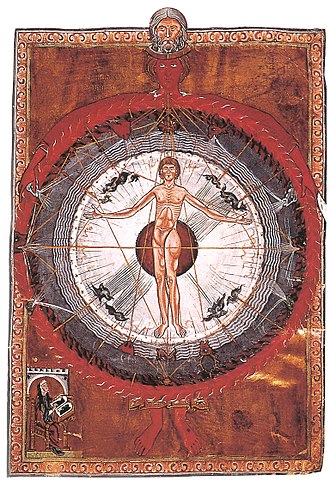
Mysticism
Gematria Values
Mysticism is a religious or spiritual practice or belief based on the pursuit of direct, personal experience of the divine or ultimate reality, often involving a process of inward exploration and transformation. The term is derived from the Greek word mystikos, meaning "to close the eyes" or "to initiate into the mysteries." In Hebrew, mysticism is referred to as Kabbalah (קַבָּלָה), particularly in the context of Jewish mysticism. In Arabic, it is known as al-Tasawwuf (التصوف) or Sufism, which is the mystical branch of Islam. Similarly, in Persian, it is called Erfān (عرفان). Mysticism often emphasizes the inner, subjective experience of the divine, transcending the external rituals and doctrines of organized religion. Key practices include meditation, prayer, contemplation, and asceticism, aimed at achieving a state of union or communion with the divine. Mystical traditions are found in various religions, including Christianity (Christian mysticism), Hinduism (Advaita Vedanta, Bhakti), Buddhism (Zen, Vajrayana), and Taoism, among others. Throughout history, mystics have sought to explore the depths of spiritual reality, often challenging conventional religious norms and contributing to the development of new spiritual movements and philosophies.
Wikipedia Information
